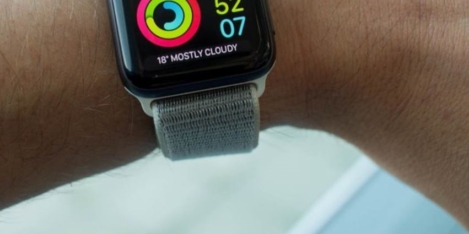To provide the best experiences, we use technologies like cookies to store and/or access device information. Consenting to these technologies will allow us to process data such as browsing behaviour or unique IDs on this site. Not consenting or withdrawing consent, may adversely affect certain features and functions.
The technical storage or access is strictly necessary for the legitimate purpose of enabling the use of a specific service explicitly requested by the subscriber or user, or for the sole purpose of carrying out the transmission of a communication over an electronic communications network.
The technical storage or access is necessary for the legitimate purpose of storing preferences that are not requested by the subscriber or user.
The technical storage or access that is used exclusively for statistical purposes.
The technical storage or access that is used exclusively for anonymous statistical purposes. Without a subpoena, voluntary compliance on the part of your Internet Service Provider, or additional records from a third party, information stored or retrieved for this purpose alone cannot usually be used to identify you.
The technical storage or access is required to create user profiles to send advertising, or to track the user on a website or across several websites for similar marketing purposes.
 Productivity in the office is a big thing, as the more productive employees are, the more successful the business will be as a result. While most people go through peaks and troughs of productivity during their working life, it’s important for employers to give it their all when it comes to trying to keep the workforce as productive as possible. Therefore, many have come up with ways to make this happen.
Productivity in the office is a big thing, as the more productive employees are, the more successful the business will be as a result. While most people go through peaks and troughs of productivity during their working life, it’s important for employers to give it their all when it comes to trying to keep the workforce as productive as possible. Therefore, many have come up with ways to make this happen.














 In the UK approximately 1 in 100 people (600,000) have a diagnosis of epilepsy, yet despite anti-discrimination legislation, people with epilepsy in the UK are more than twice as likely as those without the condition to be unemployed. That is the main conclusion of a report from
In the UK approximately 1 in 100 people (600,000) have a diagnosis of epilepsy, yet despite anti-discrimination legislation, people with epilepsy in the UK are more than twice as likely as those without the condition to be unemployed. That is the main conclusion of a report from
 Despite
Despite 


 Accountancy has joined the
Accountancy has joined the 














May 3, 2019
Is stress killing creativity and innovation in your organisation?
by Alf Rehn • Comment, Wellbeing
(more…)